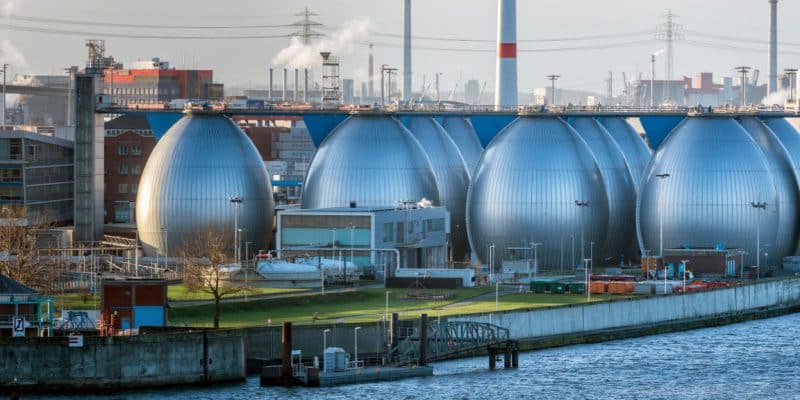Suez Oil Processing Company (SOPC) has awarded the construction of its desalination and water demineralisation plant to Cannon Artes, a company specialising in water and wastewater treatment for the oil and gas industry. The future plant will have a capacity of 30,000 m3 of water per day.
Suez Oil Processing Company (SOPC) will soon be supplied with water from a seawater desalination plant in Egypt. The Egyptian company has just signed a contract for the construction of the future plant with Cannon Artes. The Italian company won the contract following an international tender launched in 2021 by SOPC, as part of the modernisation programme for its refinery located in the Suez Canal Economic Zone. “We will handle the detailed engineering design, construction and delivery of the plant, including pre-commissioning and commissioning, up to start-up,” explains Pasquale Punzo, CEO of Cannon Artes.
The 7,140 square metre facility will desalinate water from the Red Sea to supply SOPC’s high-pressure steam boilers and cooling towers.
Delivery of the desalination plant in 2024
The SOPC refinery has a capacity of 3 million tonnes per year, or 68,000 barrels of oil per day (BOPD). A total of 30,000m3 of water will flow daily from the future desalination and demineralisation plant when it comes on stream in 2024.
Cannon Artes will rely on $31 million (over £948 million) in financing to fulfil the contract. 200 million loan from the European Bank for Reconstruction and Development (EBRD) for its sustainability programme to reduce the environmental impact of its operations.
Read also – AFRICA: Desalination, now a key component of water supply strategies
In addition to strengthening water supply, the Suez Oil Processing Company wants to reduce the pressure on Egypt’s freshwater reserves. Except that the desalination solution is the least suitable for its eco-responsible approach and energy efficiency. For the treatment of seawater remains very energy-intensive. Unless the electricity used is from renewable sources.
Inès Magoum






